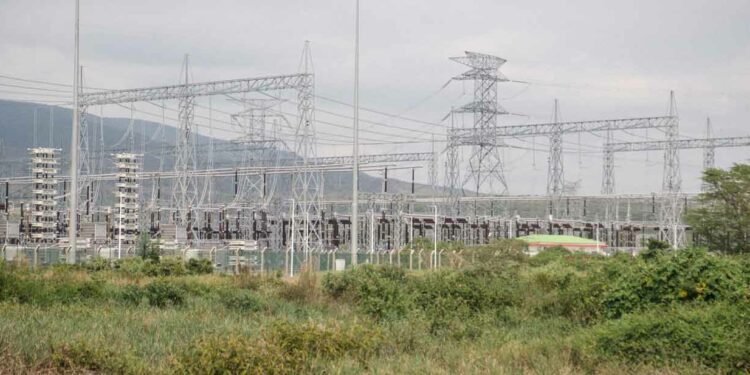The recent inauguration of the 1,045-kilometer electric highway between Ethiopia and Kenya represents a profound change for local communities. This project, which connects Wolayta-Sodo in Ethiopia with Suswa in Kenya, guarantees access to reliable and clean electricity, significantly improving quality of life. “This project is not just infrastructure; it’s a change in our daily livs”, says Sylvia Kinaiya, a local engineer“. For me, as a Maasai woman, working here is a way to give back to my community and show that women can also lead in this sector”.
Top 10 African Countries With The Most Automobiles
Stable access to electricity has a direct impact on hospitals, schools, and businesses, transforming people’s lives. In Suswa, the development of commercial areas has boosted the local economy, creating jobs that strengthen family incomes. Kipkemoi Kibias, Managing Director of Ketraco, explains: “We’re seeing economic growth in nearby communities. Stable electricity allows for more businesses and job opportunities, benefiting thousands and helping them improve their quality of life”.
With 70% of employees from the region, the Suswa power station also promotes local integration. “Working here means my children can see that change is possible within our own community”, adds Kinaiya, who expresses pride in being part of the project. This inclusive approach strengthens the social fabric and generates sustainable income, allowing local families access to dignified employment and a steady income source.
Furthermore, clean energy reduces dependence on polluting fuels, improving family health. “With reliable electricity, we don’t need to rely on firewood or kerosene for cooking or lighting our homes”, says Julius Muturi, a community leader in Suswa. “Now we can refrigerate medicines, study at night, and work in safer environments, which makes a big difference in our daily lives”.
The Ethiopia-Kenya electric highway demonstrates how energy sustainability and social development can progress together. By integrating hydropower, wind, and geothermal energy, East Africa strengthens its energy self-sufficiency and ensures a more prosperous and environmentally friendly future for local communities.









